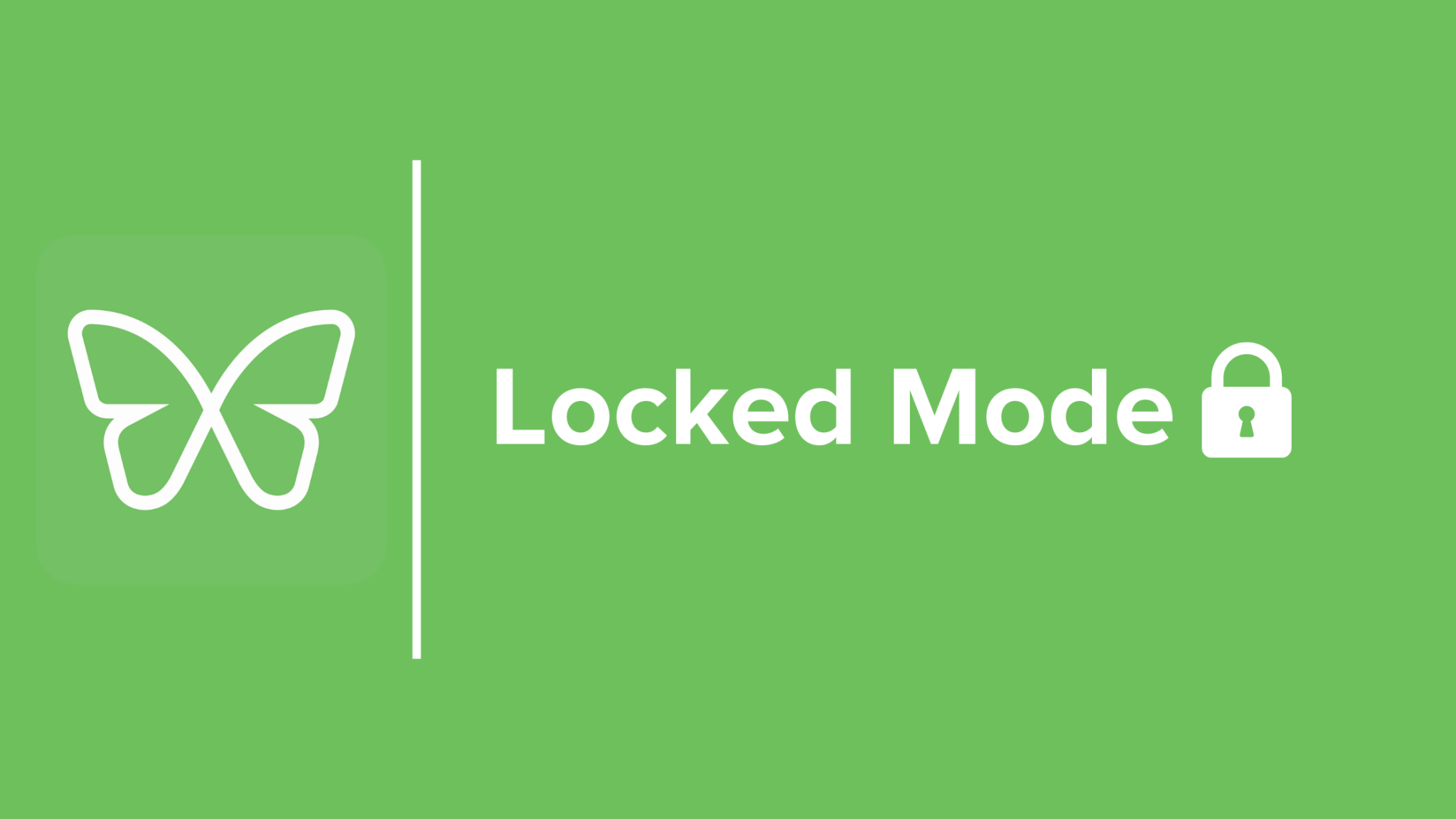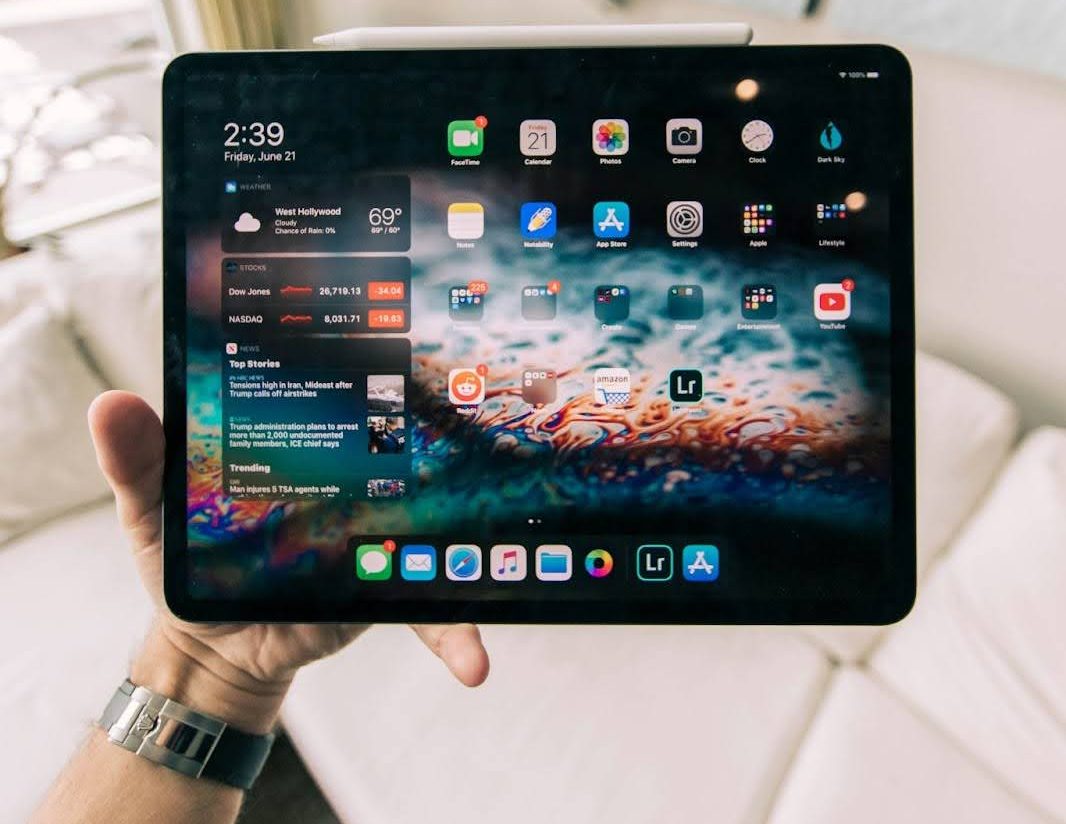Laura Lippman: Finding the Focus to Write Crime Mysteries

At Freedom, we love our users – not just because they use our product, but because they’re cool – cool people working on cool stuff. Academy Award-nominated screenwriters, bestselling authors, editors, journalists, developers, illustrators, designers, academics, coaches, bloggers, explorers, and entrepreneurs – the Freedom community is packed with curious, creative, and passionate go-getters. We love to share their stories, advice, and process because how better to learn about productivity than from the productive?
Meet Laura Lippman.
Laura Lippman is a writer and bestselling novelist that started her career as a journalist. Laura spent 20 years reporting for various publications, including 12 years at The Baltimore Sun. It was during this time that she began writing novels, and by the time she decided to leave daily journalism in 2001, she had published seven crime novels about “accidental PI,” Tess Monaghan, all while reporting full-time.
Lippman is now a NY Times bestselling author of the acclaimed stand-alones After I’m Gone, I’d know You Anywhere, and What the Dead Know. Her work has won her virtually every major award given to US crime writings, including the Edgar Award, Anthony Award, Agatha Award, Nero Wolfe Award, Shamus Award, and the Quill Award among others.
Lippman’s latest mystery novel, Lady in the Lake, is her take on modern noir and has already earned praise from acclaimed writers such as Stephen King, who wrote “Lippman answers all outstanding questions with a totally cool double twist that your reviewer — a veteran reader of mysteries — never saw coming.”
With such experience, discipline, and 25 published books, we decided to sit down with Laura this week to learn a little more about how she finds the focus to write modern crime mysteries.
How did you know that you wanted to be an author and what were your first steps in making this your career?
I wanted to be a writer early on, wrote my first “book” at age 5, tried to write a novel when I was 12. I went to journalism school because I knew that was one path to being a full-time writer, but working as a novelist was always my goal. That meant a period of seven years in which I wrote seven novels while working at a fairly demanding day job at the Baltimore Sun. Truthfully, I felt lucky it only took seven years.
At what point did you realize that tech was taking a toll on your productivity, time, relationships? When did you know that you had to do something about it?
I thought I had a great system — I’d set a word/time quota (1,000K, three hours) and I’d take a break every hour or so, do a quick twirl through my email, Facebook and Twitter, then go back to work. As a habit, this wasn’t so very different from taking a coffee break back in the newsroom. But then I realized that those apps affected what I’ll call deep focus. They made me jumpy. So I decided to try Freedom to make sure I had two blocks of time every day that were committed to writing.
How do you prioritize what gets your time and attention each day?
I’m a de facto single mom — my husband is away M-F for his job, for much of this year. So my third-grader is my top priority 6 a.m — 8 a.m. and then 5 p.m. — 9 p.m. By 8 a.m., I’m doing one of two things: writing or working out. If I work out first, I then try to go straight to writing. My sharpest hours are in the morning, I’m very dull in the afternoon, so that’s a good time to do less creative things, such as email.
How do you stay focused and motivated on a daily basis?
If I don’t write, I don’t get paid. I find that darn motivating.
How do you optimize your environment for productivity and focus? How do you incorporate Freedom into your schedule?
I set up Freedom to block sites during my most productive hours, 8-11:30, but also during hours when I feel I should be focused on my daughter, 5-8.
What is the most difficult or challenging aspect about your work or working process? Do you have any strategies that you use to help overcome these challenges?
E.L. Doctorow said that writing a novel is like driving at night in the fog, with head lamps that illuminate only a small portion of what’s ahead — but it’s possible to make the whole trip that way. My primary strategy is to show up on a regular basis, set realistic goals, and to avoid rabbit holes. (Research is as big a rabbit hole as anything.)
What resources or tools do you use daily and have found most beneficial to your working process?
All I need is a laptop — but I absolutely need a laptop, not a typewriter, not a legal pad and pen. Computers and I came of age together, I’ve been using them since I started my first job at age 22, and it’s how I write. I had a bout of carpal tunnel almost 20 years ago and it was worrisome. People said, “Oh, you can use voice recognition software.” But I identify with Pauline Kael, whose writing career was sidelined by Parkinson’s. She said something to the effect of, “I think I wrote as much with my hands as I ever did with my head.”

What projects are you currently most excited about?
I have a novel that was just published at the end of July, The Lady in the Lake, which is set in 1966 Baltimore. It turned into a kind of homage to my father, a journalist who started at the Baltimore Sun in ‘65. I finished the draft that I sent to my editor on June 27; the next day my friend Rob Hiaasen was one of the five people killed in the Annapolis Capital Gazette newsroom, so the book is dedicated to all of them. I didn’t set out to write a novel about newspapers, yet somehow I did, and it felt write to dedicate it to people who died doing their jobs.
What do you do outside of your work routine that helps you stay healthy and productive?
I work out with a trainer twice a week, hit the gym on my own twice a week and have a weekly tennis lesson. I really like to cook and I make generally healthy meals for my daughter and me. I try to limit screens at night and attempt to read 100 pages, preferably in a non-digital book, every day.
Where are you currently based?
Baltimore and New Orleans, although I wish there was a little more New Orleans in the mix!
To learn more about Laura Lippman or her work, you can visit her site at LauraLipmann.net.


